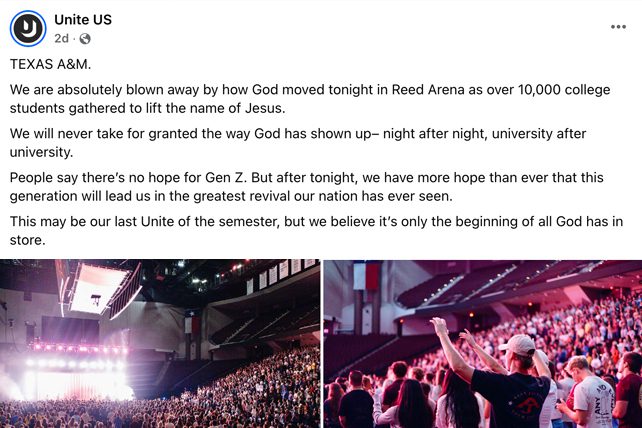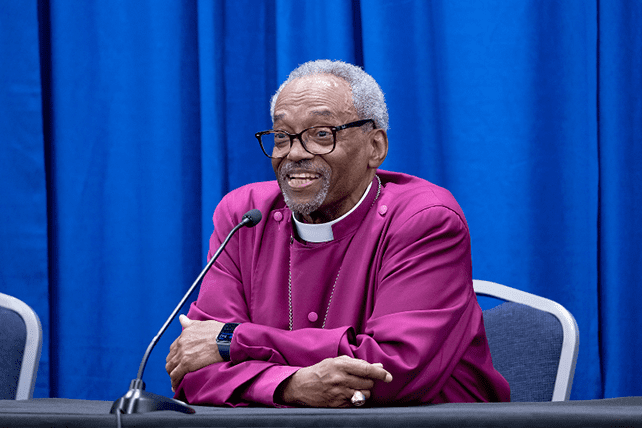A former youth pastor who has been charged with 11 counts relating to child sex abuse could face additional charges, as more witnesses have come forward. Zachary Joseph Radcliff, 29, already faces up to life in prison if convicted.
Editor’s note: This article refers to reports of child sex abuse that some readers might find triggering and/or disturbing.
Radcliff was arrested last month and charged with one count of first degree criminal sexual conduct, two counts of aggravated child sexually abusive activity, two counts of child sexually abusive activity and six counts of using the internet to communicate with another to commit a crime.
Prior to his arrest, Radcliff served as the worship director and interim youth pastor at Oakwood Church in Ypsilanti, Michigan, where his father, Frank Radcliff, is the senior pastor.
RELATED: Former Youth Pastor Charged With Nearly 150 Sex Crimes Related to Voyeurism
He has also been featured as a musician at Liberty University, where he earned a degree in 2017. Radcliff even garnered the praise of Jerry Falwell Jr., then president of the university, after performing an original song at the Conservative Political Action Conference, which was held on campus in 2019.
In a statement posted to its website on Oct. 21, Oakwood Church said that Radcliff was suspended with pay on Oct. 3 after the church received startling allegations about him. Following an internal investigation, Radcliff was terminated on Oct. 12.
Michigan State Police officials said that Oakwood Church has been “cooperative and transparent throughout the investigation.”
RELATED: Trial of Alabama Pastor Accused of Child Sex Abuse Underway Following 2-Year Delay
Radcliff is accused of soliciting child sex abuse material from multiple victims, with some of the alleged offenses having occurred as early as 2011, when Radcliff was 16 years old. Radcliff is alleged to have used Snapchat to arrange meetups with children to pay them for videos and photographs.





















 In a world where the intellect often receives precedence, the church faces a vital call to reclaim and embrace the holistic nature of
In a world where the intellect often receives precedence, the church faces a vital call to reclaim and embrace the holistic nature of 






